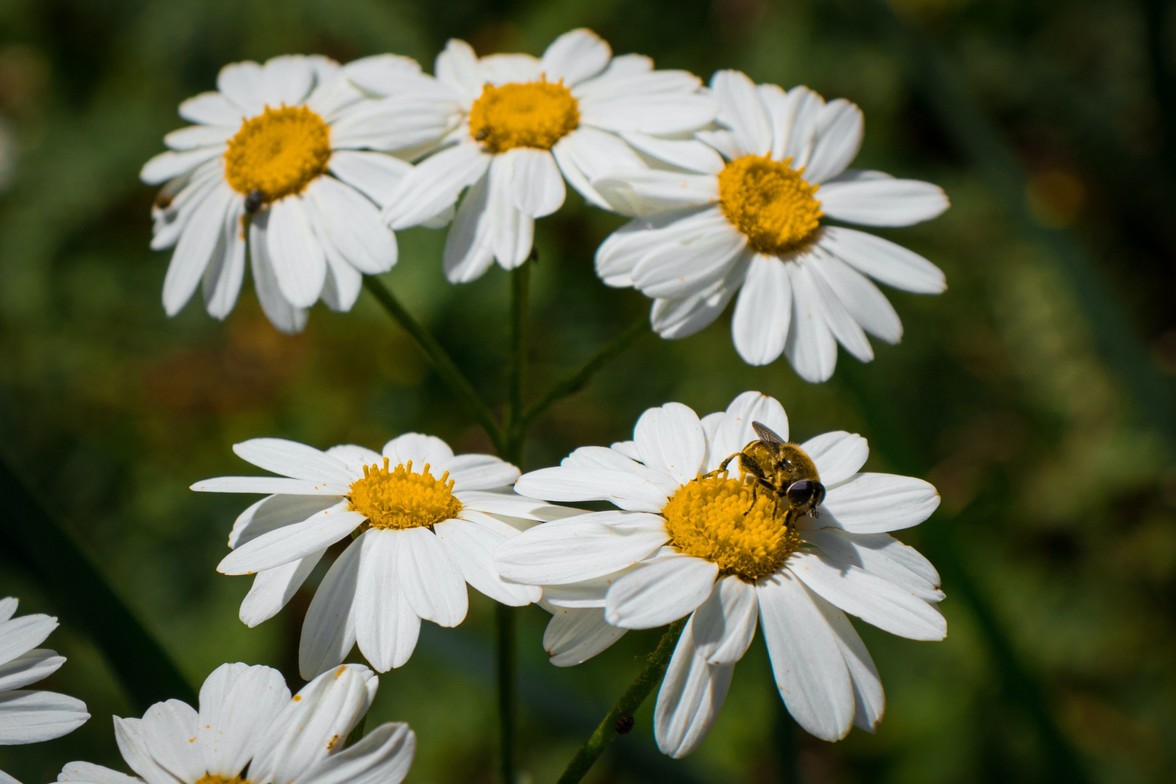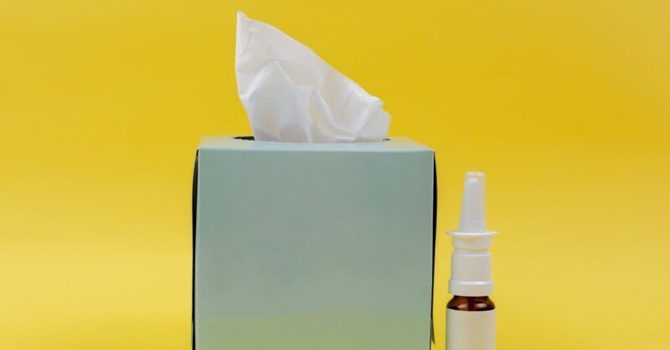
It’s that time of year…the sun is shining, flowers are blooming, and gardens are growing! Plants are outstanding allies for a number of reasons. Plants not only provide us with a source of nutrition, but can also be used for everyday ailments. While most of us will use our garden spaces to grow our favourite foods, you can also grow your own medicines.
Many everyday foods are themselves medicines and a classic example is garlic. Garlic is called Allium sativum and contains multiple compounds that are good for health. I often find myself recommending garlic as part of a comprehensive plan for those with high cholesterol and blood pressure. Garlic is rich in antioxidants, also valuable in supporting cardiovascular health. Garlic is easy to grow, typically started in the fall and grown through the next summer.
Many common teas that we simply enjoy the taste of also have therapeutic properties. A couple examples include Lemon balm (Melissa off.) and Chamomile (Matricaria recutita). Chamomile is great to use as a companion plant, meaning it grows well amongst other aromatic herbs, like basil or peppermint. Lemon balm can spread rather easily so it may best be planted in a pot to contain it.
Both lemon balm and chamomile are carminatives, which means they reduce digestive disturbances like gas and cramping. Both are calming to the nervous system so useful during times when stress impacts our digestion. Aromatic herbs like these are generally best steeped for 10-15 minutes to maximize their health benefits. When I create an individualized plan for someone with IBS, I often use herbs like these in a tincture formula for a stronger effect.
Coneflower (otherwise called Echinacea or Echinacea purpurea) is a beautiful plant that is easy to grow. The root is the part used and generally we find this herb useful for colds and flus. Roots require a different extraction method than teas, called a decoction, in order to extract the medicinal properties. I tend to use Echinacea in a tincture formula with other good herbs for colds and flus (like Elderberry, for instance!).
Prudent use of herbal medicines involves ensuring they are the right ones for you, as they can interact with medications or with other herbs. Use herbs wisely by consulting reputable resources, following instructions on labels, and seeking professional help when needed.
Health-related information contained here is intended to be general in nature and should not be used as a substitute for a visit with a regulated healthcare practitioner, like a licensed naturopathic doctor.

Shawn Peters
Contact Me



